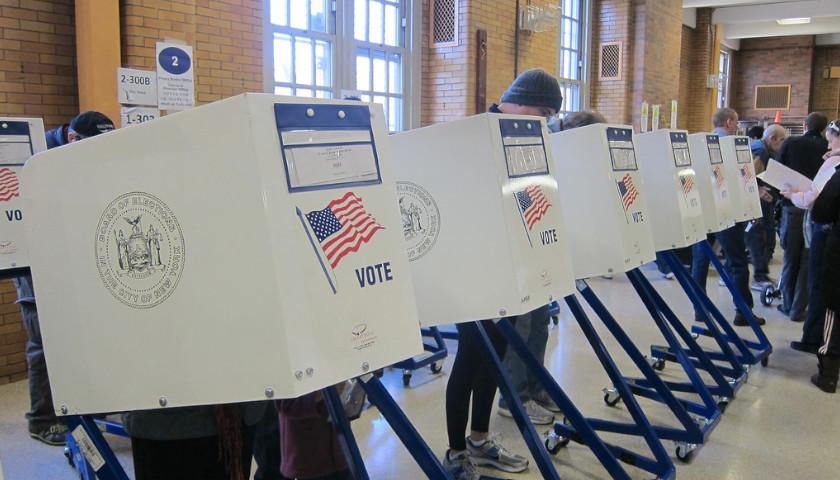by Harry Wilmerding
Major League Baseball (MLB) owners locked out players Wednesday night after negations failed to produce a new collective bargaining agreement (CBA) with the players association for the first time since 1995.
The two sides failed to reach an agreement during negotiations to renew the previous CBA, which expired Wednesday night, according to a letter from MLB commissioner Robert Manfred. The lockout suspends all offseason transactions and may affect spring training and the beginning of the season in March 2022.
“We believe that an offseason lockout is the best mechanism to protect the 2022 season,” Manfred wrote. “We hope that the lockout will jumpstart the negotiations and get us to an agreement that will allow the season to start on time.”
 “This defensive lockout was necessary because the Players Association’s vision for Major League Baseball would threaten the ability of most teams to be competitive,” Manfred said.
“This defensive lockout was necessary because the Players Association’s vision for Major League Baseball would threaten the ability of most teams to be competitive,” Manfred said.
Players and owners disagreed on critical economic issues and harbored concerns over the competitive landscape of the league.
“This drastic and unnecessary measure will not affect the Players’ resolve to reach a fair contract,” MLB Players Association executive director Tony Clark said in a statement. “We remain committed to negotiating a new collective bargaining agreement that enhances competition, improves the product for our fans, and advances the rights and benefits of our membership.”
Specifically, players were concerned about the declining average salary, and rise of “tanking,” a strategy which allows teams to weaken their roster in order to save money and accumulate draft picks, The Wall Street Journal reported. Tanking, coupled with the increased role of data analytics in the game, hurt veteran free agents who have either been terminated or had their salaries reduced.
“When you look at the 2016 CBA agreement and how that has worked over the past five years, as players, we see major problems in it,” said Max Scherzer, a New York Mets pitcher and member of the association’s eight-man executive committee, according to the WSJ.
“First and foremost, we see a competition problem,” Scherzer said.
– – –
Harry Wilmerding is a reporter at Daily Caller News Foundation.






Who cares?!